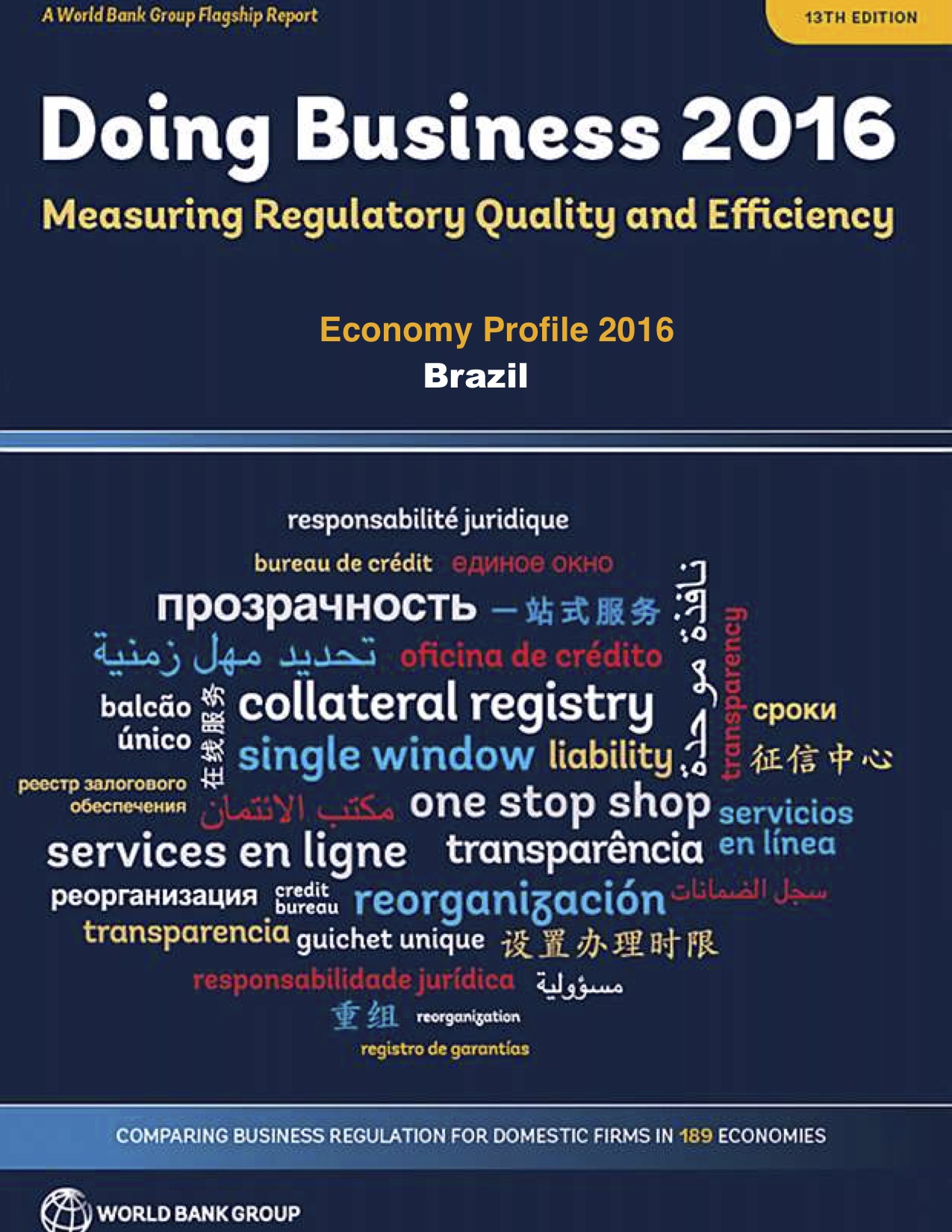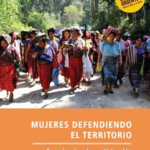Slowdown in Emerging Markets
A synchronous growth slowdown has been
underway in emerging markets (EM) since 2010. Growth in
these countries is now markedly slower than, not just the
pre‐crisis average, but also the long‐term average. As a
group, EM growth eased from 7.6 percent in 2010 to 4.5
percent in 2014, and is projected to slow further to below 4
percent in 2015. This moderation has affected all regions
(except South Asia) and is the most severe in Latin America






